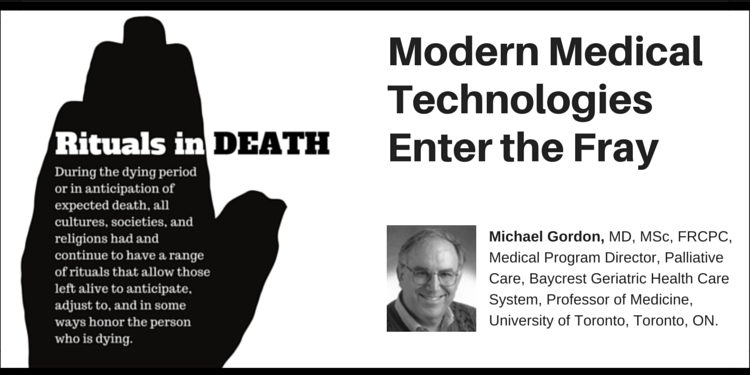Miriam Vale, B. Journalism
Like girl scouts, doctors should always be prepared to help families cope with grieving for the death of a loved one. The physician's support is needed when he or she introduces the option of palliative as opposed to curative care. For the patient and family, palliative care is the acknowledgement that managing pain and improving quality of life are the most appropriate goals as the patient nears death. This change in care strategy can be difficult for everyone involved. This article focuses on helping the family cope with the dying process of a loved one with an incurable illness.
Family physicians can make an immense difference in helping families cope with grieving. When a loved one has a terminal condition and the family knows that death is imminent, family members will often grieve before the death occurs (this is known as anticipatory grief), consequently losing precious time with their relative.
Anticipatory grief is not necessarily a bad thing as it may help the family deal with the upcoming loss. In some cases, anticipatory grief allows family members to sort out certain feelings toward their loved one (getting emotions off their chests, so to speak) before he or she dies so that there are no regrets afterwards. Because anticipatory grief often forces family members to face the reality that death will occur, they are more likely to start dealing with practical issues before it is too late to get the patient's input.

